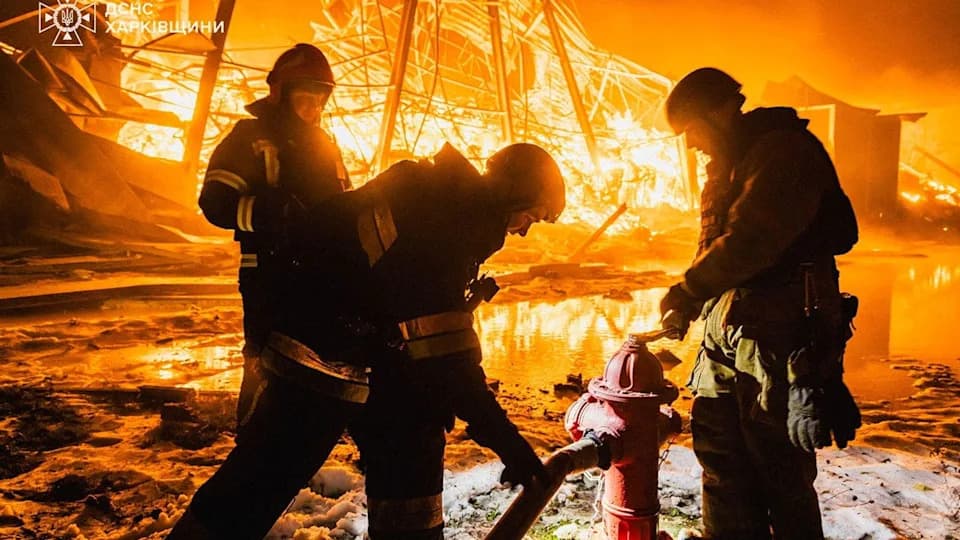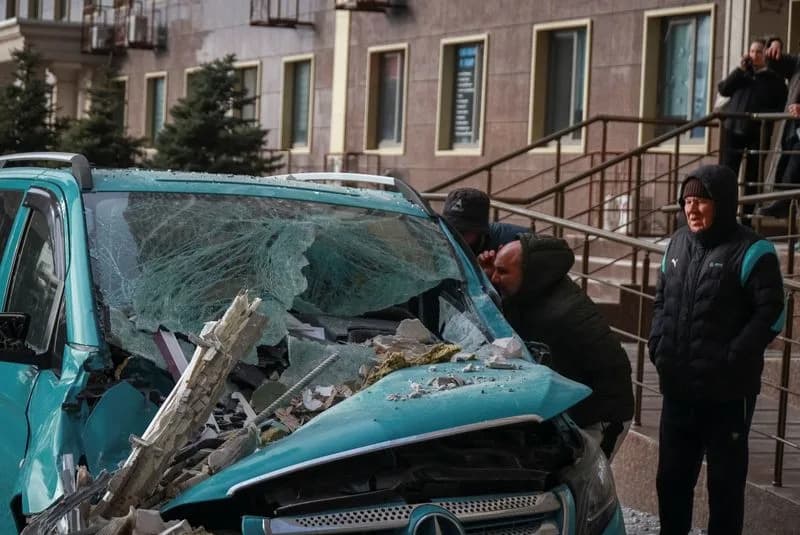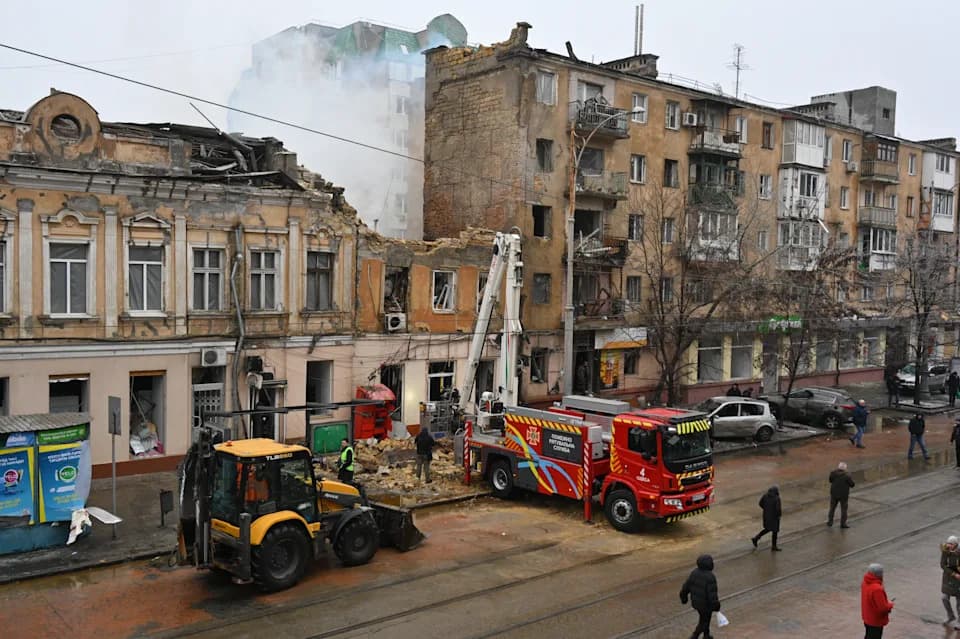Putin orders reservists to protect energy infrastructure
Russian President Vladimir Putin has signed a law authorising the mobilisation of army reservists to guard oil refineries and other energy facilities following a wave of long‑range drone attacks Moscow says were launched by Ukraine. The Kremlin cites an estimated two million reservists who could be assigned to protect critical infrastructure from further strikes.
Drone strikes, disruption and damage
Ukrainian explosive‑laden drones have reportedly reached targets as far as 1,800km inside Russian territory in recent months, striking refineries, storage depots, pipelines and pumping stations. Ukrainian officials say long‑range operations have reduced Russia’s oil refining capacity by about 20 percent, a figure that independent analysts say can vary depending on the data and methodology used.
Moscow attributes domestic economic disruption to the attacks, reporting spikes in petrol prices, export curbs on gasoline and diesel, and fuel rationing in several regions. Satellite imagery and analysis published in October showed Russia installing anti‑drone netting around refineries located more than a thousand kilometres from the Ukrainian border—measures similar to those used nearer the front line.
Official assurances and strategic implications
"It is important to note that, in accordance with the draft law, reservists will not be involved in the special military operation or in performing tasks outside the Russian Federation," said Vladimir Tsimlyansky, deputy chief of the main organisational and mobilisation directorate of the Russian general staff, on Oct. 22.
Russian officials have emphasised that the new duties are domestic in scope. Analysts caution, however, that assigning reservists to guard duties inside Russia could free regular army units for deployment to the front, effectively allowing Moscow to reallocate personnel toward operations in Ukraine.
Conscription changes and force generation
On the same day Mr. Putin signed the reservist measure, he also approved legislation enabling year‑round conscription. Previously, compulsory call‑ups were confined to two seasonal cycles in autumn and spring. Officials say the change should simplify bureaucratic obstacles to rapid force generation. Under Russian law, conscripts are formally barred from combat deployments abroad during their mandatory service, but once they complete service they join the reserves and could be eligible for future mobilisation.
Weapons programmes and nuclear rhetoric
Also on Tuesday, Mr. Putin presented state awards to engineers tied to advanced weapons programmes, including the nuclear‑capable Poseidon underwater torpedo and the Burevestnik nuclear‑powered cruise missile. State media reported that another system, the Oreshnik missile, has entered serial production.
At a televised defence meeting, Mr. Putin said Russia would prepare for nuclear‑weapons testing if other countries resumed such tests, framing the move as reciprocal. The comments followed a post by former US President Donald Trump claiming he had ordered preparations to test US nuclear weapons. Moscow and Beijing both deny having conducted recent nuclear tests and called on the US to preserve the long‑standing moratorium on nuclear detonations.
Note: The Kremlin attributes the drone attacks to Ukraine; Kyiv has not formally described all such operations in detail. Independent verification of some claims varies by source and methodology.



































